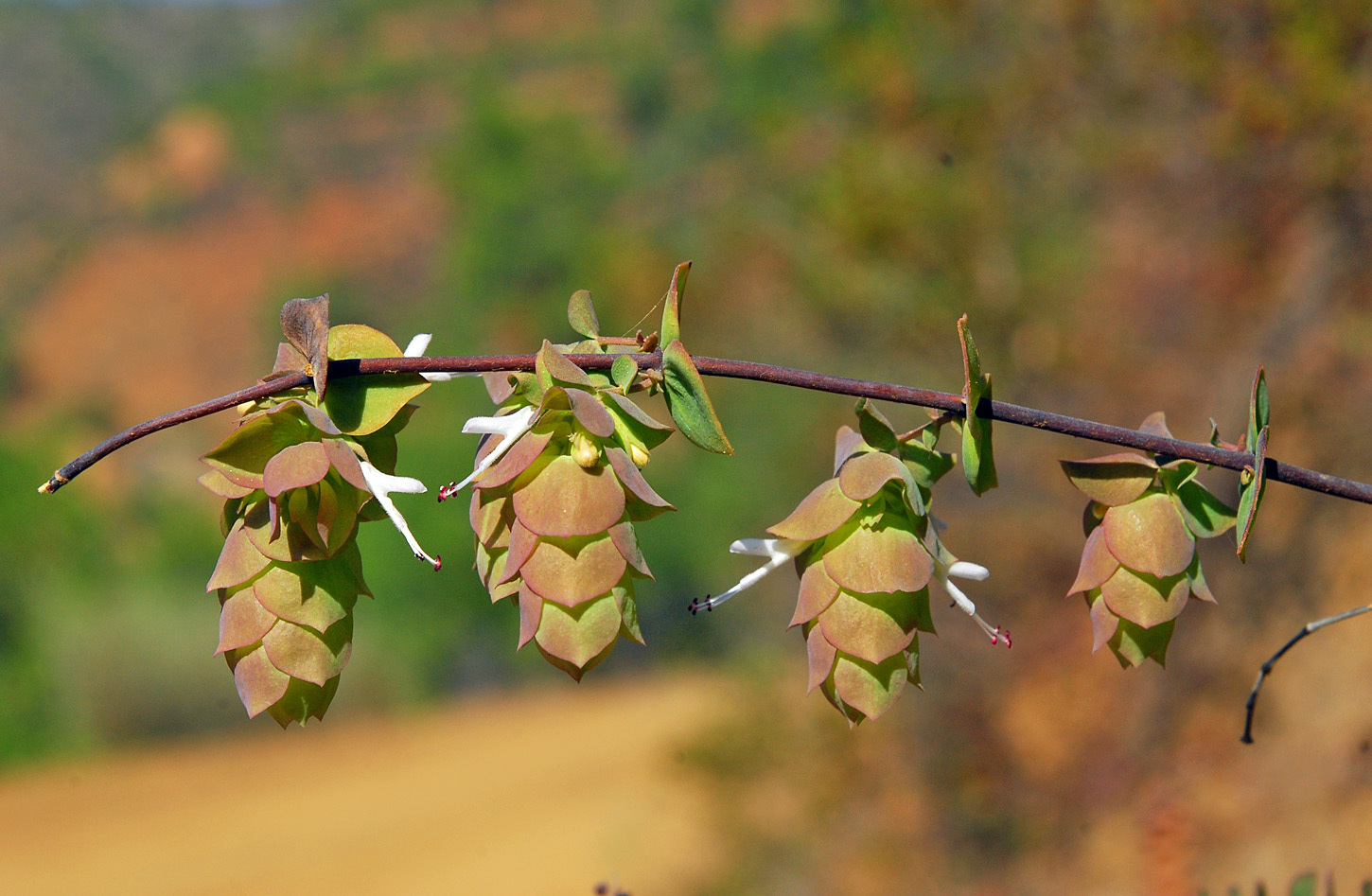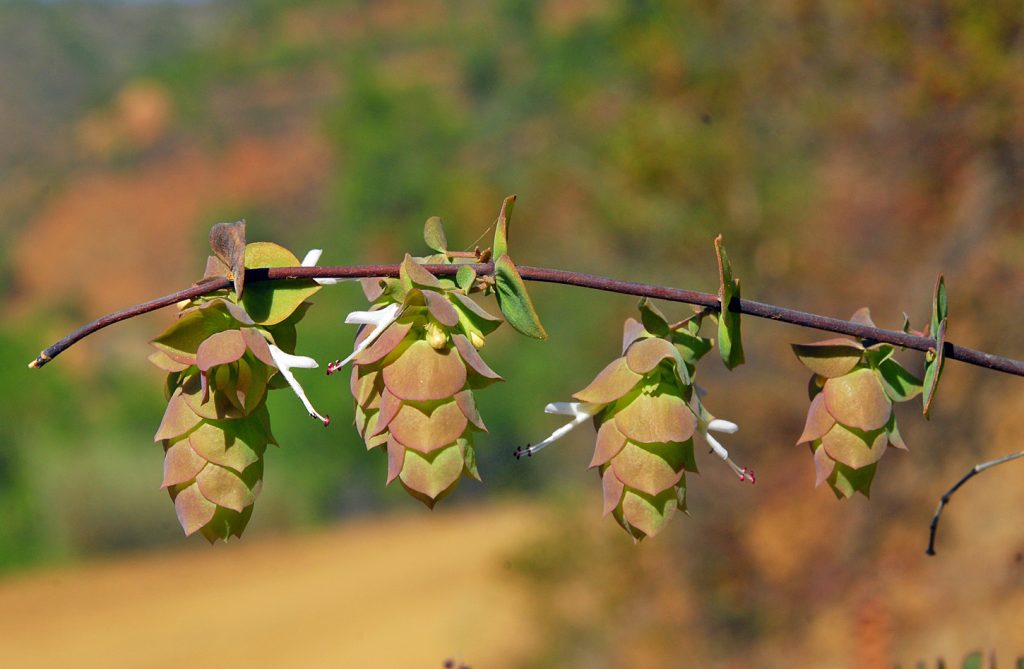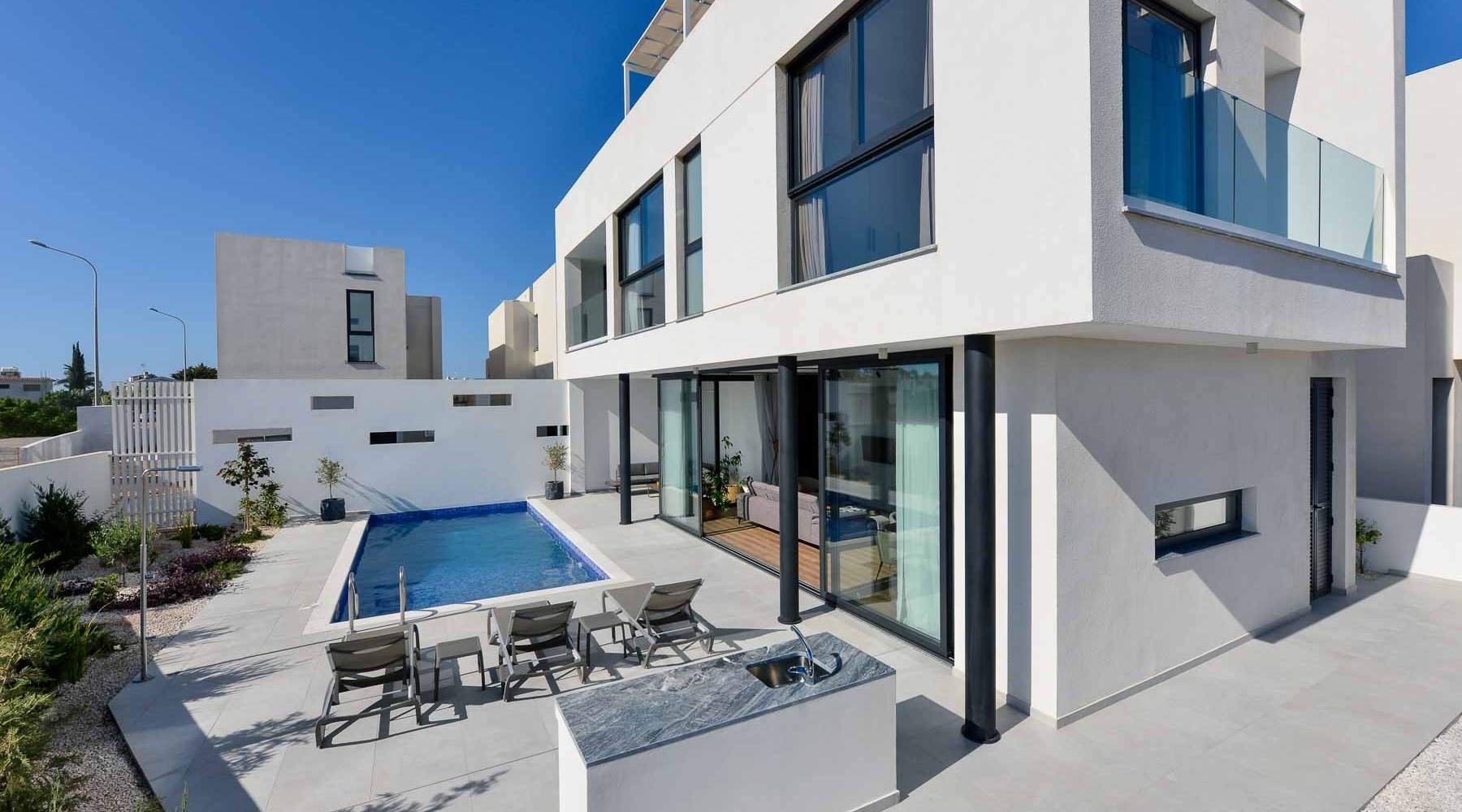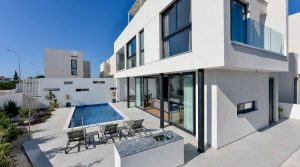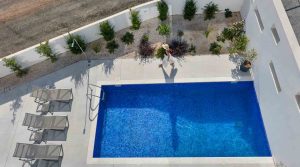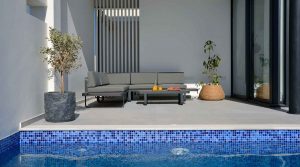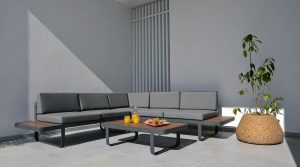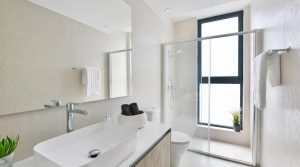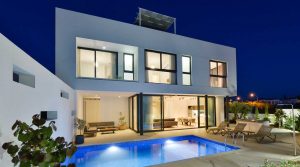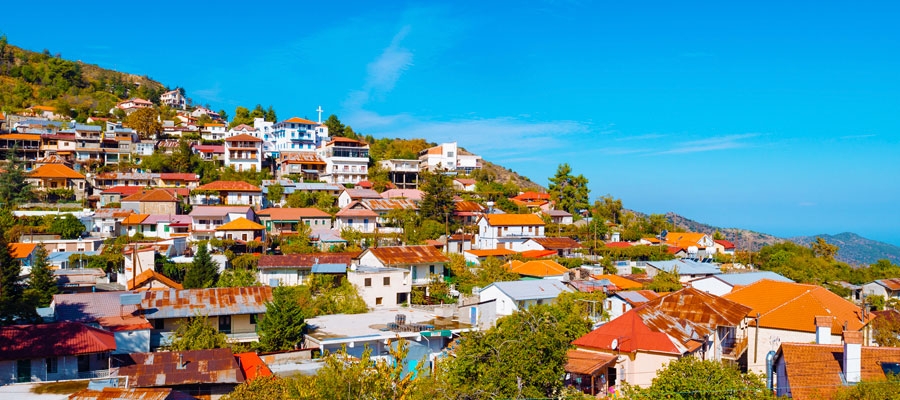
Located in the Troodos mountains, in the Marathasa Valley of the Lefkosia (Nicosia) district, the village of Pedoulas sits at an altitude of 1.100 metres. It can be reached from Lefkosia by following the E901, then the B9, followed by the E908, and finally the F960.
Pedoulas sits amidst orchards and is particularly known for its cherries and the products made from the fruit.
Its history dates back in the Byzantine times. According to tradition, Pedoulas, as well as many other Marathasa settlements, were established during the Byzantine period, when the Arab raids forced the Cypriots to leave the coastal areas and move to safer places in the mountains. During the Frankish and Venetian periods, Pedoulas was considered a royal estate. Pedoulas was the pioneer centre for tourism, due to its excellent climate and picturesque scenery. Initially, visitors in the 19th century were accommodated in local traditional houses and hotel tourism wasn’t developed until the beginning of the 20th century.
After the Second World War, Pedoulas’ economy prospered and it became the cultural and commercial centre of the fourteen villages which form the Marathasa Valley.
There were schools, churches, public buildings and services, water supply systems, tanneries and an extensive cultivation of cherries and vineyards, its cherry produce was the largest in Cyprus.
Tourists and visitors can enjoy the exceptional climate and unique scenery in a tranquil setting, at the same time taste a great variety of fruits and its pure and healthy water. Above all, they will experience the friendly and traditional hospitality of the villages.
The village is very significant in religious terms thanks to its important church of Archangelos Michael (1474), which ranks among the most impressive Byzantine churches in Cyprus with its amazing frescos. The church is part of the route of 10 Byzantine churches, which are included on the UNESCO World Heritage List. Close to the church is the Pedoulas Byzantine Museum, which was established in order to house and preserve icons and artefacts from churches in the region, with exhibits dating from the 12th century.
Its other interesting sites include the Folk Art Museum, which exhibits the villager’s daily way of life, customs and traditions of the past, and the natural spring, which is said to hold the key to longevity. Many visitors enjoy a refreshing drink of water from the spring when they pass through the village, or stay for a while at one of its quaint hotels.
Its history dates back in the Byzantine times. According to tradition, Pedoulas, as well as many other Marathasa settlements, were established during the Byzantine period, when the Arab raids forced the Cypriots to leave the coastal areas and move to safer places in the mountains. During the Frankish and Venetian periods, Pedoulas was considered a royal estate. Pedoulas was the pioneer centre for tourism, due to its excellent climate and picturesque scenery. Initially, visitors in the 19th century were accommodated in local traditional houses and hotel tourism wasn’t developed until the beginning of the 20th century.
After the Second World War, Pedoulas’ economy prospered and it became the cultural and commercial centre of the fourteen villages which form the Marathasa Valley.
There were schools, churches, public buildings and services, water supply systems, tanneries and an extensive cultivation of cherries and vineyards, its cherry produce was the largest in Cyprus.
Tourists and visitors can enjoy the exceptional climate and unique scenery in a tranquil setting, at the same time taste a great variety of fruits and its pure and healthy water. Above all, they will experience the friendly and traditional hospitality of the villages.
